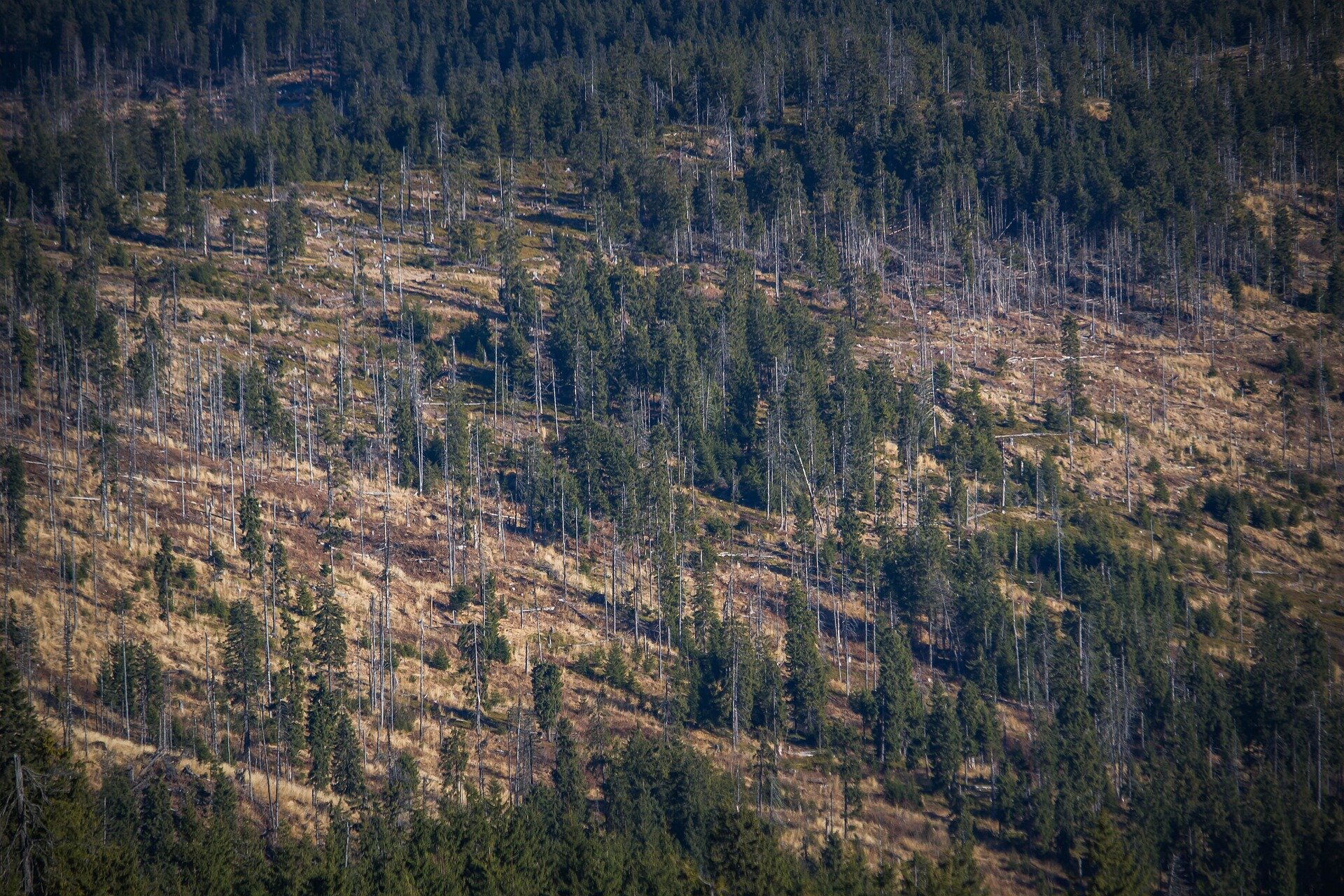11 Dec 2024

Tired Earth
By The Editorial Board

The consequences of peace and armed conflict for deforestation depend on the location, reports a new publication in Frontiers in Environmental Science. Using Colombia as a case study, this work presents one of the most comprehensive studies to date comparing forest loss to drivers such as coca cultivation and cattle farming during periods of peace and conflict. These insights will help make conservation efforts more effective by taking into account the land use, politics and socioeconomics on a local level.
"There are other studies that show increased pressure on forests after peace agreements, but our results show that it's very hard to generalize deforestation in the context of conflict," said co-author Raphael Ganzenmüller, of the International Center for Tropical Agriculture (CIAT), Colombia, and Ph.D. student at Ludwig Maximilian University of Munich, Germany.
"There are various drivers at the local scale that have different effects, so it's very important to look locally and to see the history and actors."
Preserving Colombia's tropical forests is critical both for the climate and for the country's wealth of biodiversity. However, half a century of internal conflict (1964-2016) has complicated conservation plans. Past research has shown that peace times often correlate with increased deforestation, but the specific driving forces and impacts are not well understood.
Following the most recent peace agreement, this study combined regional datasets from 2001-2018 to model the relationships between deforestation, conflict events, displaced people, the size of municipalities, coca crops, number of cattle and cattle farms.
"It's really difficult to encompass all of the variables that could be driving different deforestation dynamics," explained co-author Janelle M Sylvester. "The approach that we took uses the best available data, and we hope that this research can provide critical insights into designing proposals to help curb deforestation."
At the national scale, the results confirmed a strong trend towards more forest loss after the peace agreement, mostly due to increased numbers of coca farms and cattle. But the impact and leading causes varied significantly depending on the municipality area and region. For example, cattle were the leading predictor in the Amazon, whereas coca cultivation was more dominant in the Andes.
Acquiring historical data on smaller regional levels was one of the biggest challenges during this study, and the authors plan to continue looking at an even more detailed level in the future.
"What we can conclude is that there's not one perfect solution that you can generalize for the whole of Colombia," said the corresponding author Dr. Augusto Castro-Nunez.
"We have an overall idea of the dynamics at play and next we need to break it down and confirm that this is really happening on the ground by surveying farmers and understanding local motivations. Then we need to provide farmers and those affected with policies and incentives that take into account their livelihoods as well as conservation."
Source : phys.org
Comment